|
The Basics Vermouth is a fortified wine infused with aromatic botanicals such as herbs, spices, fruit, and sometimes vegetables. It is produced worldwide, and each producer has a unique recipe, a closely guarded secret! The styles of vermouth range from dry to extra dry and sweet. The colors can be white, red, amber, or rosé. Vermouth is quite versatile, and depending on the style, it can be enjoyed as an aperitivo, served over ice, with a dash of soda, added to a cocktail recipe, or used in cooking. According to the European Union, the product must be 75% wine to be considered vermouth. Vermouth Di Torino PGI Vermouth Di Torino PGI (IGP) is considered one of Italy’s most famous aromatized wines. It is a specific style of vermouth. The key ingredients are the herbs belonging to the genus Artemisia (wormwood), which must be grown, harvested, and produced in Piedmont, northeast Italy. Only specific Italian grape varieties are permissible. Torino (Turin) is located at the foothills of the Alps, where the terroir is conducive to growing grapes and botanicals. Vermouth has been produced here for over 300 years. Consorzio del Vermouth di Torino states that this vermouth must be bottled between 16% and 22% abv. Specific sugar levels apply depending on whether the vermouth is dry, extra dry, or sweet. An extensive range of aromas and flavors exist contingent on the color and sweetness level. 9diDante Vermouth I received two bottles of 9diDante vermouth to taste and review. Alex Quziel founded Kaliro Spirits in 2019 and, in 2021, introduced their first brand, 9diDante Vermouth di Torino Superiore, inspired by Dante’s Divine Comedy. Alex said, “It delivers a bold and sinful experience that pushes the traditional boundaries of its category. Making vermouth is easy. Making great vermouth entails a lifetime of dedication and expertise. Luckily, I knew where to find it.” Enter, Mario Baralis. Mario Baralis is one of the most iconic enologists and Master Blenders in Piedmont who had been retired for over twenty years. After meeting Alex in a chance encounter, he was intrigued by Alex’s passion for vermouth. Mario came out of retirement to mentor Alex and pass on a lifetime of knowledge and experience. The vermouths are made at the historic Dr. M. Montanaro distillery near Alba. Alex said that the vermouths are “wine-first” vermouths, with the botanicals designed to enhance the wine content rather than camouflage it.” 9diDante is blended exclusively with Piemonte DOC wines. Each bottle is made with 27 botanicals, with the first nine listed on the back of each bottle symbolizing each stage of Dante’s journey into hell and then nine terraces in purgatory before reaching paradise. Hence, the nine circles on the front of each bottle. Alex said, “Nine of the 27 botanicals were selected for their historical symbolism, guiding us through the nine circles of hell in Dante’s Divine Comedy.” After perusing the botanicals listed on both bottles, I found a botanical in each that prohibited me from sampling the vermouth. I have life-threatening allergies to cumin and coriander. So, I decided to defer to a few eager volunteers to be my tastebuds and who are not wine/spirits writers. What could be more perfect than having a consumer give their opinion of the products? Right? I gathered their comments and observations for each wine listed below. The comments are in no particular order. Inferno Rosso Vermouth di Torino Superiore IGP “To craft our Inferno Rosso Vermouth, we use an equal blend of Dolcetto red and Cortese white wines, allowing us to obtain our charismatic ruby red color naturally and avoiding the use of caramel for coloration. It is an original recipe inspired by Dante’s Divine Comedy, that will take you on a journey through the poet’s nine circles of hell. Giving birth to a philosophy that puts quality Piedmont wines at the heart of its vermouths.” Nose: Cherry, orange, vanilla, creamsicle, basil, raspberry, and fennel. Palate: Orange marmalade, herbal, red berries, sweet and bitter, dark chocolate, and warm & spicy. ABV: 17.5% SRP: $33 Purgatorio Extra Dry Vermouth di Torino Superiore IGP “The challenge is to maintain the true character of the wines while balancing the botanicals. Think of wine as the first and last botanical. It’s a lot more than just a base.” – Alex Ouziel, 9diDANTE co-creator The wine for this vermouth is 100% Ameis D.O.C., Piemonte’s prized wine. “Arneis” means “mischievous” or “reckless” in the local Piedmontese dialect. The name is derived from the fact that it is notoriously difficult to grow, to the point that it was on the verge of extinction until a little over a decade ago. Type: Extra Dry Nose: Pear, apple, flowers, citrus, lovely fragrance. Palate: Lemon, dried herbs, apricots, thyme, mint, very refreshing. orange peel. Alcohol: 18% SRP: $35 My “tasting panel” enjoyed both vermouths immensely and can’t wait to sip neat, over ice with an orange peel twist and experiment with cocktails. The above wines are best stored in the fridge and consumed within six months. Inferno will keep its flavor for up to six times longer than some other well-known vermouths, mainly because of the quality of Piedmont wine and the inclusion of a herb that serves as a preservative (a trade secret!) Until next time…
Cheers! Penina To leave a comment or if you have an inquiry, please contact me at [email protected] Last month I was invited to a Mediterranean Aperitivo Hour, which I could not attend. Several weeks later, a package arrived with most of the delicious treats from the event! It contained Vermouth Di Torino PGI (Protected Geographical Indication), two kinds of PDO (Protected Designation of Origin) Italian cheese, and an assortment of olives from Greece. Vermouth is a lightly fortified wine infused with aromatic botanicals such as herbs, spices, fruit, and sometimes vegetables. It is produced worldwide, and each producer has a unique recipe, which is kept a closely guarded secret! The styles of vermouth range from dry to extra dry and sweet. The colors can be white, red, amber, or rosé. According to the European Union, the product must be 75% wine to be considered vermouth. Vermouth is quite versatile, and depending on the style, it an be enjoyed as an aperitivo, served over ice, with a dash of soda, added to a cocktail recipe, or used in cooking. Vermouth Di Torino PGI Vermouth Di Torino PGI is considered one of Italy’s most famous aromatized wines. It is a specific style of vermouth. The key ingredients are the herbs belonging to the genus Artemisia (wormwood) and must be grown, harvested, and produced in Piedmont. And only specific Italian grape varieties are permissible. Torino is located at the foothills of the Alps, and the terroir is conducive to growing grapes and botanicals. Vermouth has been produced here for over 300 years. According to the Vermouth di Torino Consortium, this vermouth must be bottled between 16% and 22% abv. Depending on whether the vermouth is dry, extra dry or sweet, specific sugar levels apply. An extensive range of aromas and flavors exist contigent on the color and sweetness level. Pecorino Toscano PDO In 1996, Pecorino Toscano gained DOP (protected designation of origin) status, finally making the name official. In order to use the name Pecorino Toscano, DOP, producers must follow a specific recipe and aging procedures. The PDO seal ensures that the cheese has been made in strictly designated areas, using only local sheep whole milk from Tuscany and some neighboring municipalities in the Viterbo, Perugia, and Terni provinces in the regions of Umbria and Lazio. Producers must comply with traditional artisanal production techniques. The aging of the cheese ranges from 20 days (a soft cheese) to four months or longer (a semi-hard cheese.) Pecorino Toscano DOP is a soft cheese aged for four months. It is buttery with nuts, lemon, and sweet and savory notes. It is delicious alone or as part of a charcuterie, or in salads. Pecorino Toscano DOP Stagionato is a semi-hard cheese aged for four months. The texture is firm with a sharp and zesty flavor and very nutty. It is excellent in salads, pasta dishes, or added to a cheese board. Greek Olives Olive production in Greece has been a tradition for centuries and is an integral part of Greece’s culture and culinary traditions on the Mediterranean coast. Today, there are about 150 million olive trees, 2,800 olive mills, and 600,000 olive farmers in Greece! Impressive, right? Olives are cultivated throughout the country and exported to over 100 countries worldwide. I couldn’t identify the types of olives sent to me, but they are all quite good! Here are two vermouth cocktail recipes to enjoy with the cheese and olives. It’s a great starter or ender at holiday time! Americana courtesy of Cinzano Add fresh ice to a rock glass and pour these ingredients over it. 1 oz. Cinzano Vermouth Rosso/1757 Vermouth di Torino G.I. Rosso 1 oz. Campari A splash of soda Stir and complete with a slice of orange and lemon zest. Vermouth Spritz 1.5 oz of Vermouth Bianco
3 oz of tonic water Use a white wine glass and pour the ingredients over ice. Garnish with an herb sprig or slice of fruit. Until next time… Cheers! Penny To leave a comment or if you have an inquiry, please contact me at [email protected] 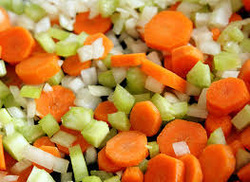 I spent this morning chopping up lots of onions, carrots, celery and herbs for the Tomato Lentil Soup that I was making. The lentils take a few hours to cook, so I have to replenish the liquid every now and then. In addition to using water, I also refresh with dry white wine for added flavor. However, I discovered that I was out of inexpensive dry white wine, so I went for the next best thing…dry vermouth! It’s not just for martinis! 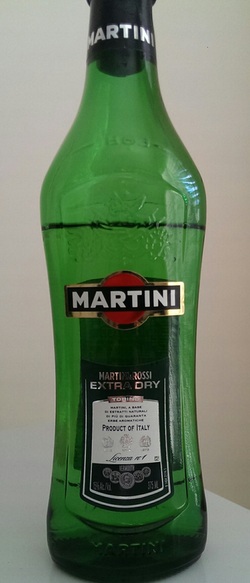 When in a pinch, you can almost always substitute dry Vermouth for any recipe calling for white wine. Vermouth is a liquor made from wine, with different herbs and spices added for flavor. It is also known as an aromatized liquor, and some people refer to it as a fortified wine. Vermouth tends to have more flavor than most wines, so you may need to use less of it than you would if you were cooking with wine. And the bonus is that it has a long shelf life. I would encourage you to store the Vermouth in your refrigerator once opened though. It will last longer (up to 3 months) and stay fresher. I used Martini & Rossi Extra Dry Vermouth for my soup. Their Vermouth is made with a “secret” blend of rare woods, herbs and spices that was first introduced in 1900. If cooking with white wine, you’ll want to look for a wine with high acidity and moderate alcohol content such as Sauvignon Blanc, Pinot Grigio, Pinot Gris and Sémillon. These are known as dry “crisp” wines, which tend to add a “punch” and work well with most recipes. You might also want to keep in mind that as wine cooks, it loses some of the subtle flavors and characteristics. So, save the more expensive wines for drinking! 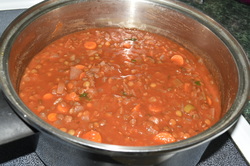 The soup turned out great and I can’t wait to serve it this evening to my dinner guest! And now, I must start baking the bread! Happy Wednesday! Cheers! Penina |
Categories
All
|

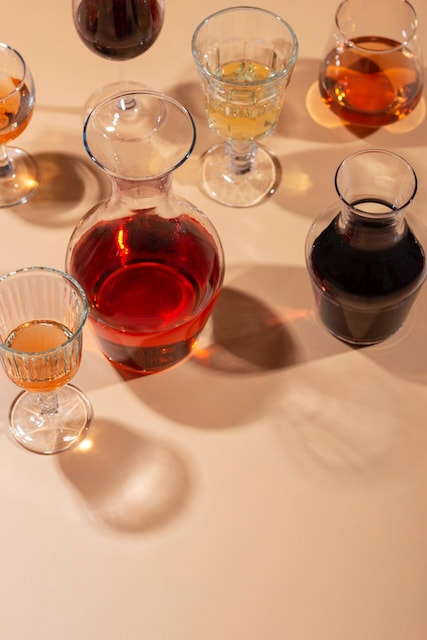
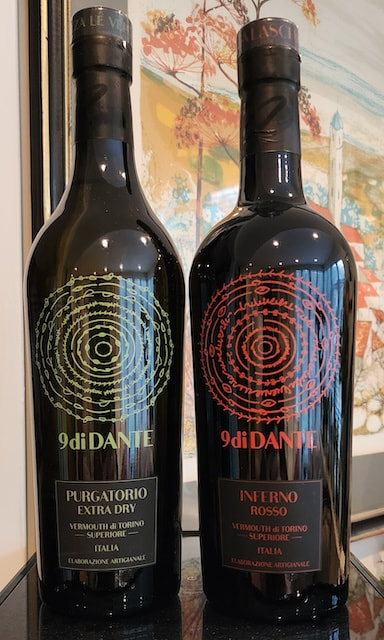
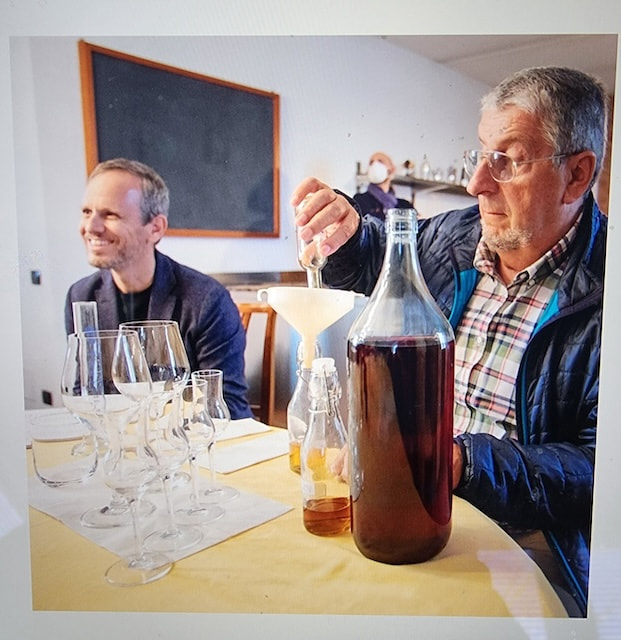
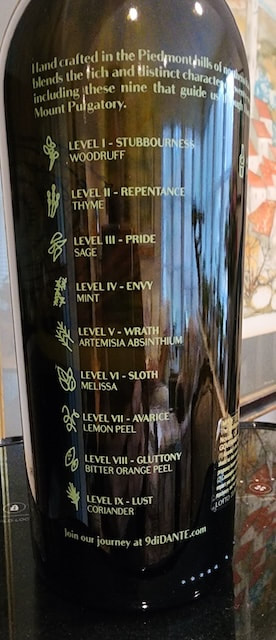
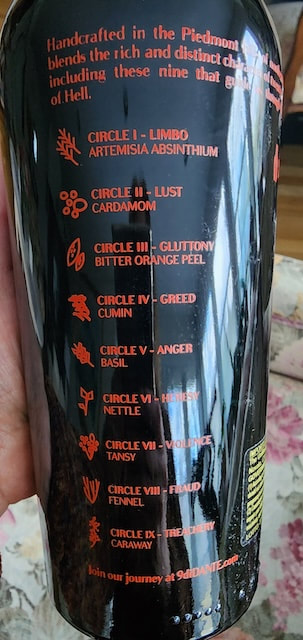
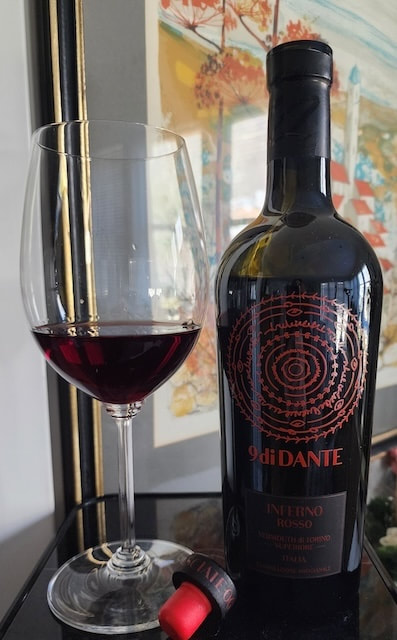
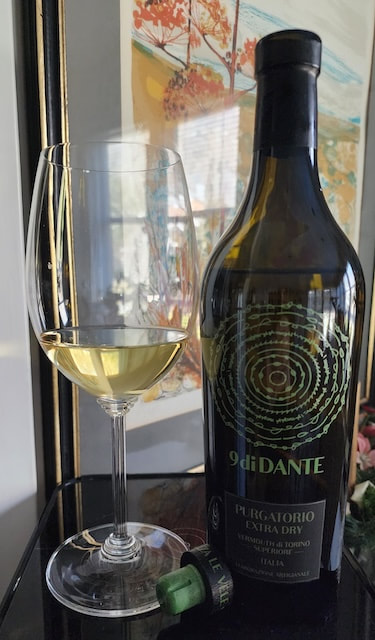
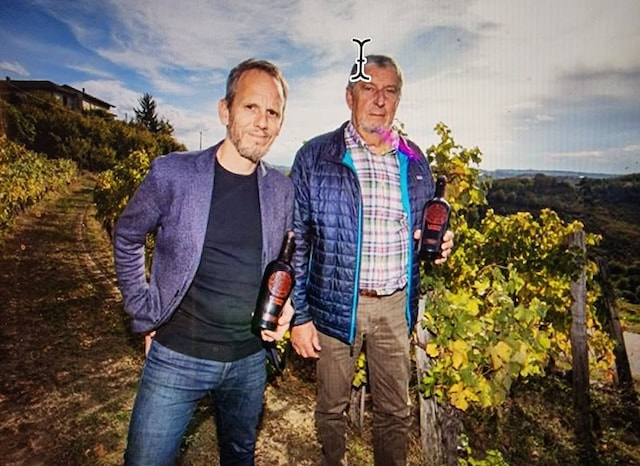
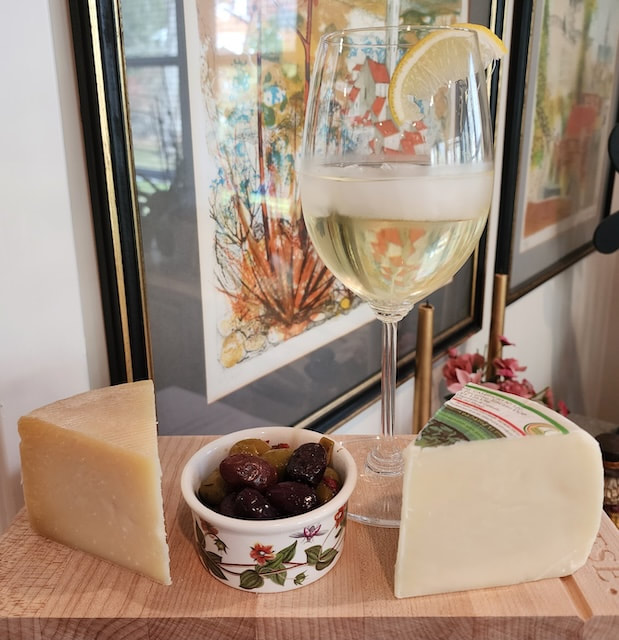
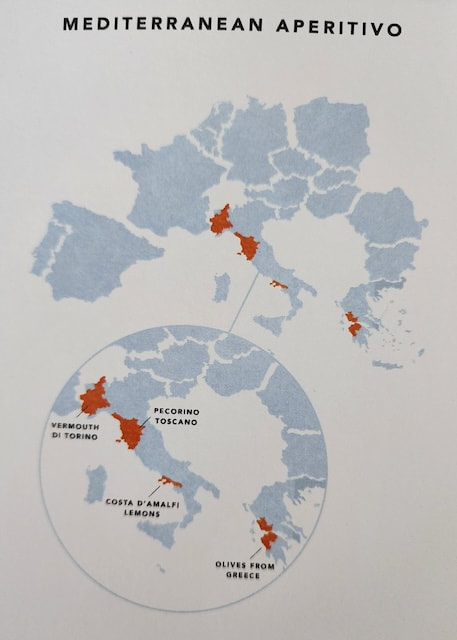
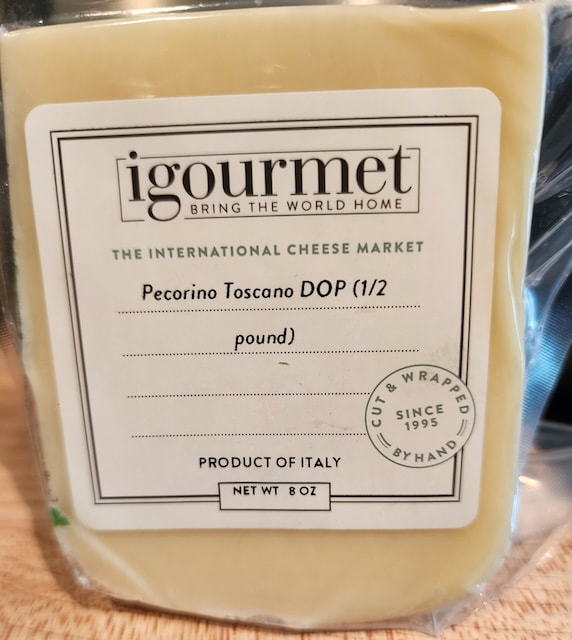
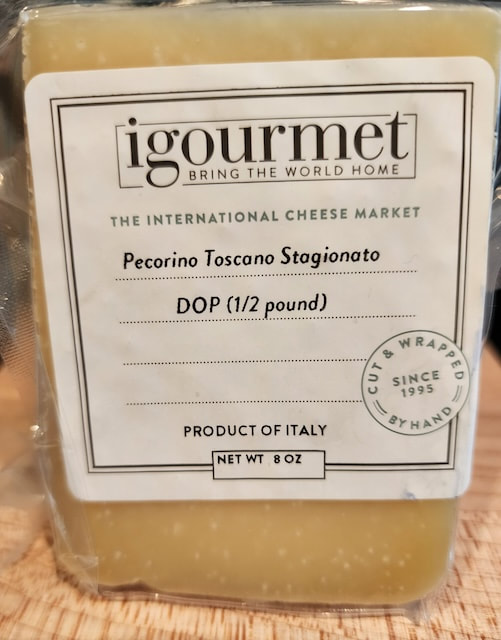
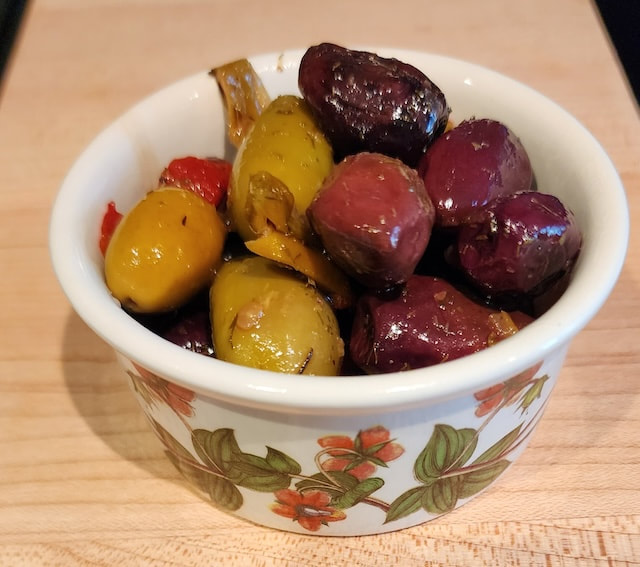
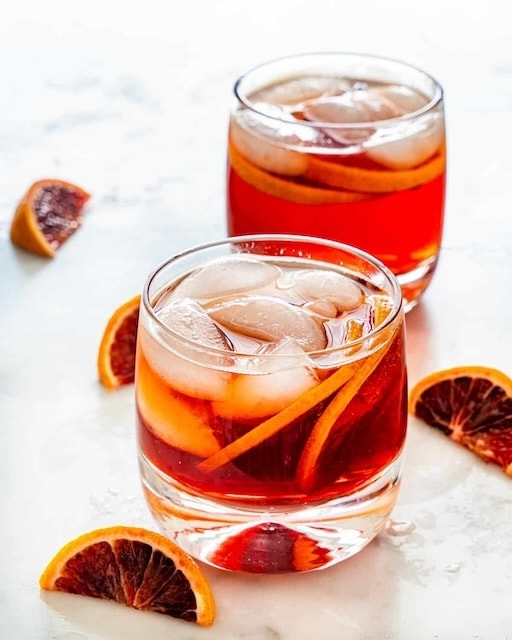
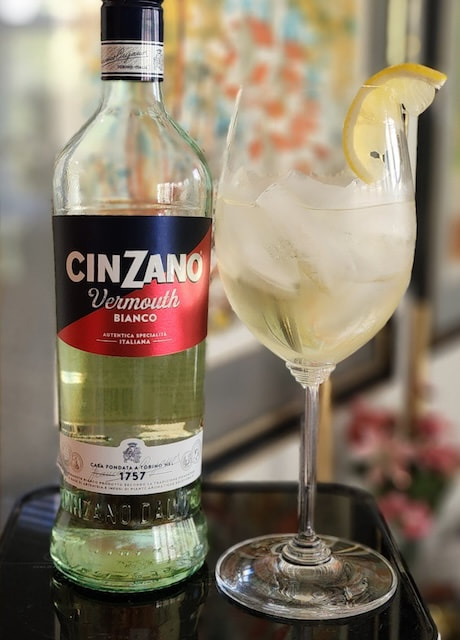
 RSS Feed
RSS Feed